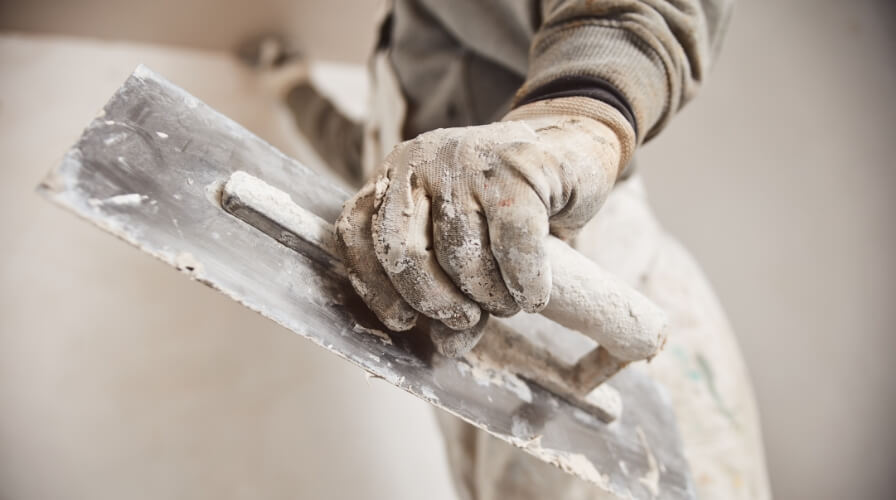Benefits of solar thermal collectors
From reducing a home’s carbon footprint to cheaper energy bills, let’s look at some of the key benefits of solar thermal collectors:
No running costs – Once you’ve installed a solar thermal water heating system, there are no running costs for your customer.
Easy to maintain – Aside from professional servicing every 3-5 years and an annual check for leaks, solar water heating systems are virtually maintenance-free.
Green credentials – The most important benefit is that solar thermal collectors use free, renewable solar energy. An average household can reduce CO2 emissions by up to 400kg per year.
Sustainable to high temperatures – Solar thermal collectors can bear high temperatures. Flat plate panels can attain temperatures as high as 200°C, while excavated-tube collectors can reach temperatures as high as 295°C.
Cheaper energy bills – An average solar water heating system can provide 40-60% of the hot water for a four-person household. This includes hot water for hot taps, showers, and baths. Of course, the time of year will also impact how much water the technology produces. The winter months will only contribute a small amount to water heating, as the days are shorter and the sunlight is weaker.
What happens to the heated water not immediately used in a solar thermal collector?
A solar thermal collector’s efficiency is much higher in summer than in winter. Yet the demand for hot water is at its lowest during the long, hot summer days. This often means there is more hot water capacity than is needed.
Solar thermal technology is designed so the heated water is not wasted. It is stored in a separate tank for preheating or a regular water tank until needed. The regular boiler or an immersion heater will top it up if additional heat is required.
This highlights that you still need a boiler, which is one of the disadvantages of this technology.
Disadvantages of solar thermal collectors
Weather dependent – A solar water heating system is unlikely to deliver enough water for the whole year. When clouds hide the sun, it’s unable to do its job, which is why you would still need a boiler.
Won’t supply all appliances – Many modern houses have electric showers, cold-fill washing machines and dishwashers. However, solar water heaters aren’t compatible with these types of appliances. For households that don’t use much hot water other than this, having a solar thermal system installed might not make a difference.
They are also only suitable for some combi-boilers. This is because the water to a combi-boiler is supplied directly from the mains and generally will not accept pre-heated water.
Sufficient space – The property you’re working on requires enough space for a solar cylinder and enough sunlight to cover heat demand. Consider the hot water requirements of the household or business. A general rule of thumb is to allow 1m² of solar collector area for each person living in the building.
Limited use – While they can heat water, solar thermal collectors cannot generate electricity or heat rooms.
Cost to install – The average cost of solar thermal installation is between £3,000 and £5,000. However, it’s important to think about the long-term gains. Not only does it save money on bills, but your customer will also be eligible for the RHI, which supports them with yearly payments.
Solar collector panels rely on perfect weather conditions but can be the right long-term choice for a home or business. They are an environmentally-friendly and sustainable energy source that can save your clients money over time while being kinder to the planet
The information on this website is intended to be for general guidance – however every project is different which could affect the suitability for your particular project or circumstances. References to a product, service or material should not be considered a recommendation or any indication of fitness for any specific purpose. Where applicable work must be carried out by a qualified professional. Seek appropriate specialist advice if needed and always follow manufacturer’s instructions advice and ensure compliance with any applicable laws or regulations.






